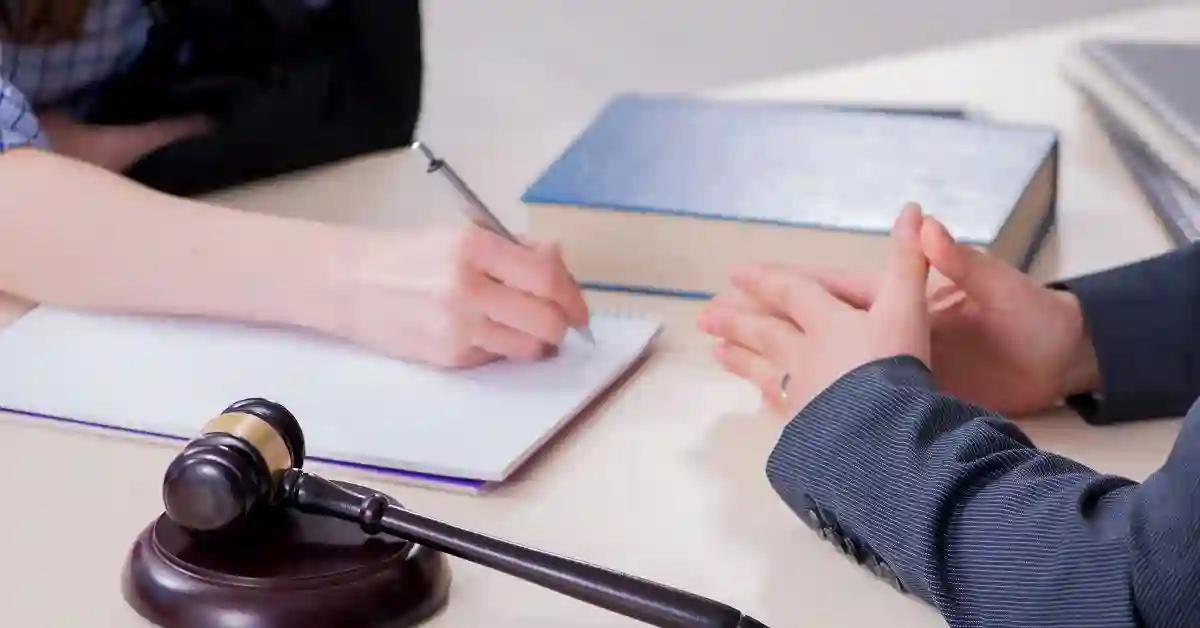Even the most well-functioning businesses can become mired in disagreements. When these disagreements escalate, they can endanger the future of a business.
A skilled partnership dispute lawyer can help partners understand their options and work toward a resolution. A good introduction should grab reader attention by offering something new and interesting.
Unfair Competition
Unfair competition law prohibits businesses from engaging in wrongful practices that harm consumers or give the business an unfair competitive advantage. It is a subset of antitrust law and includes practices that are horizontal (restraining other competitors at the same level in the supply chain) as well as vertical (such as price fixing, trademark infringement, and false advertising).
Wrongful or deceptive business practices hurt a competitor financially, and they also prevent people from buying goods or services they need. A lawyer can help you fight against unfair competition.
Some of the most common unfair competition cases involve violations of state law or the Lanham Act, which contains prohibitions against trademark and copyright infringement. Other examples include noncompetition agreements, which are commonly found in professional employment settings and expressly restrict a former employee’s ability to work for a competitor in the same geographic area. They can also involve the misappropriation of trade secrets. The laws of unfair competition protect all types of businesses, from small companies with tight profit margins to large corporations that can afford to defend themselves in court.
Breach of Fiduciary Duty
Operating a business involves risk, and if you have a partnership agreement in place, there is always the possibility that your associates will act for their own benefit rather than for the benefit of the company. This is why the law assigns special obligations of fidelity, known as fiduciary duties, to directors, managing shareholders and controlling shareholders of corporations.
Among other things, these duties include the duty of loyalty, duty of care and duty against self-dealing. Breach of these duties can result in a civil lawsuit. To prevail in this type of lawsuit, you will need to establish four things: the existence of a fiduciary relationship, a breach of that duty, resulting harm and causation.
Examples of breaches of fiduciary duty include allowing mismanagement, usurping corporate opportunities or putting your own personal interests ahead of the company’s interests. If the breaches involve theft or embezzlement, they may also be crimes. A good Orange County business dispute lawyer can help you determine if you have cause for a claim for breach of fiduciary duty and assist you in bringing that claim.
Misappropriation of Profits or Assets
When business partners charge personal expenses on company credit cards or outright steal money from the accounts, it is a serious matter that needs to be dealt with immediately. Even if the theft was unintentional, a partner can still be held liable for any financial losses that the company suffers because of their actions.
In the case of misappropriation, a lawyer can help a partner recover any money or property that they may have lost as a result of their partner’s wrongful action. They can bring about a lawsuit against their business partner individually to seek monetary damages or file a tortious interference claim against the offending party to force them to pay up for any losses the company has suffered.
A lawyer can also help to resolve disputes outside of court through mediation or settlement agreements. However, a partner should only sue their business partner when they have clear proof that their partner committed a specific wrongful act.
Dissolution of the Business
When little disagreements between business partners are allowed to simmer too long, they can explode into serious disputes that damage a company. Whether or not the dispute is over a breach of fiduciary duty, a breach of a contract or misappropriation of funds, such disputes can derail a business and prevent a sale.
Often the decision to close a business must be made in accordance with the process laid out in the company’s governing documents, such as a partnership agreement or an operating agreement for an LLC. A lawyer can help a partner or shareholder understand the process of dissolution and what it entails for each party.
It may be possible to re-work a dispute and salvage the relationship or business, but sometimes it becomes clear that dissolution is the only option. In that case, a lawyer can present options for resolving the conflict. These can include a buyout, a sale to new owners or a freeze-out merger that sheds a problematic minority owner.


